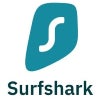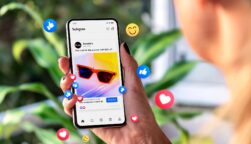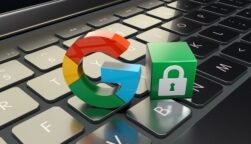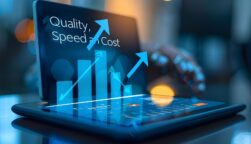Tesla is having to recall over two million cars in the US after the Department of Transportation’s National Highway Traffic Safety Association (NHTSA) found its Autopilot to be defective.
The company, owned by Elon Musk, launched its driver assistance system back in 2015, meaning the recall applies to almost every Tesla sold in the US since.
This ruling follows a two-year investigation into crashes that took place when Autopilot was in use, and comes three months after the NHTSA sent a special order to Tesla demanding it hand over data relating to a risky secret car configuration known as ‘Elon Mode’.
Why Is There a Tesla Autopilot Recall?
According to Tesla, Autopilot is designed to “enhance safety and convenience” behind the wheel. It can help with actions like acceleration, steering, and braking but still requires input from the driver.
This is where the driving monitoring system comes in, as a safety feature to check things like whether the driver is paying attention and has their hands on the wheel.
According to the NHTSA, this recall is down to an issue with Autopilot’s monitoring system.
 🔎 Want to browse the web privately? 🌎 Or appear as if you're in another country?
🔎 Want to browse the web privately? 🌎 Or appear as if you're in another country?
Get a huge 86% off Surfshark with this special tech.co offer.![]()
Earlier this week, Tesla defended the safety of its Autopilot in a post on X/Twitter. It stated that “safety metrics are emphatically stronger when Autopilot is engaged than when not engaged” and that “the data is clear: the more automation technology offered to support the driver, the safer the driver and other road users.”
After disagreeing with the NHTSA’s analysis, Tesla has since gone on to concede that the system “may not be sufficient to prevent driver misuse”.
It went on to state that it would provide a software update that will “incorporate additional controls and alerts to those already existing on affected vehicles to further encourage the driver to adhere to their continuous driving responsibility whenever Autosteer is engaged.”
Which Tesla Models are Affected? How to Check if Your Tesla Has Been Recalled
As we’ve said, the 2023 Tesla recall applies to every model delivered since 2015 – or pretty much every Tesla on US roads right now.
However, to be more specific, Tesla has issued a recall notice for the following models:
- Tesla Model S
- Tesla Model X
- Tesla Model 3
- Tesla Model Y
If you’re still unsure if your vehicle is affected, you can check if your Tesla has been recalled by running your VIN through Tesla’s recall search.
Despite being referred to as a recall by regulators, drivers of affected cars will not need to visit a dealership or garage to have their software updated. Rather, Tesla has confirmed the update will take place ‘over-the-air’.
The update will include a number of changes to Autopilot, including amplifying alerts on the car’s user interface, simplifying Autosteer engagement/disengagement, and a new system whereby drivers will be blocked from using Autosteer is they fail to prove they are using it and driving responsibly.
Tesla Recall Background: Over 900 Tesla Autopilot Crashes Reported
This recall comes following a two-year investigation into Tesla collisions, sparked by its cars “[ploughing] into the rear” of a parked fire engine and parked police car on two separate occasions. It’s said that either Autopilot or a system called Traffic Aware Cruise Control were active just prior to the crashes.
These were only a couple of examples among a list of 11 cases that initially prompted the investigation. Following this, the NHTSA has since reviewed 956 collisions where Autopilot was alleged to have been in use.
Referencing the recent ruling, the NHTSA explained “Automated technology holds great promise for improving safety but only when it is deployed responsibly”. It also confirmed that it would continue to monitor Tesla’s software following this latest update.
Whistleblower Safety Concerns
This ruling follows a recent whistleblower report from the BBC in which a former Tesla employee spoke out about safety concerns around the vehicles.
Lukasz Krupski had leaked data, including customer complaints relating to Tesla’s braking and self-driving software, after his attempts to highlight concerns internally were ignored.
Krupski told the BBC “I don’t think the hardware is ready and the software is ready. It affects all of us because we are essentially experiments on public roads. So even if you don’t have a Tesla, your children still walk on the footpath.”
Tesla has not yet responded to Mr Krupski’s claims.




